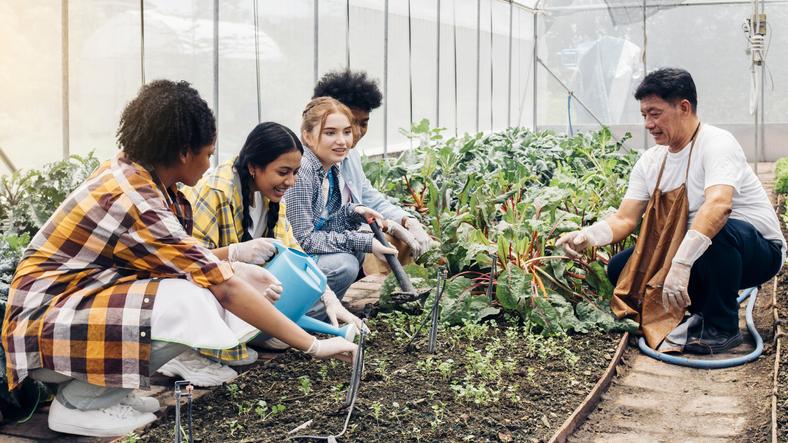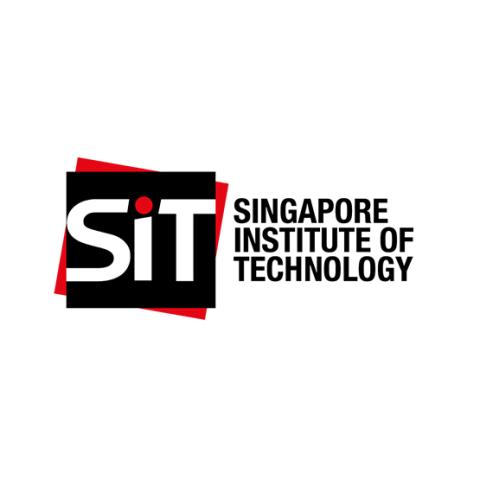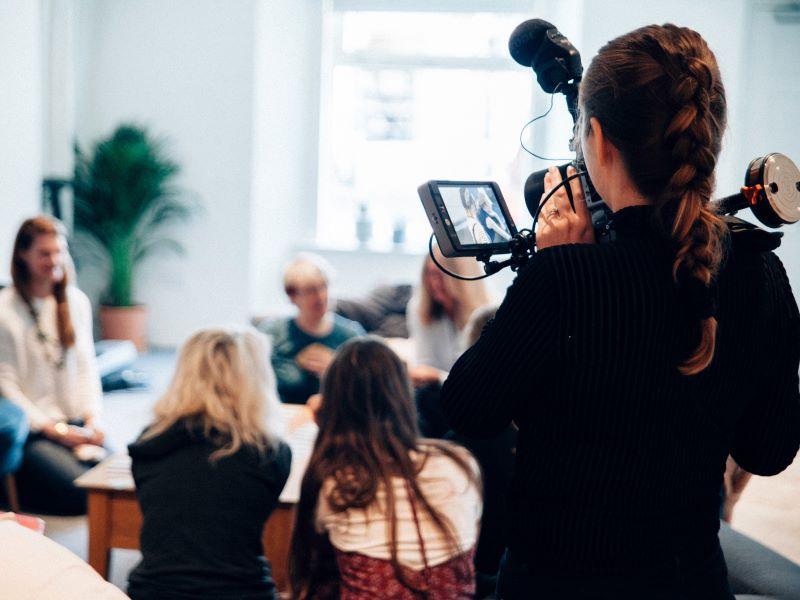
How service learning can help students create a positive change in the community
With higher education institutions competing to stay relevant, service learning, sometimes known as community-engaged learning, seems to have carved out its own niche. Offering the opportunity to balance active and experiential learning, it also helps to foster a civic mindset in students and allows institutions to demonstrate their third mission.
At the Singapore Institute of Technology, we created the SIT Community Challenge (SIT-CC) as one of the initiatives to support our third mission. Here’s how we did it.
The Singapore Institute of Technology Community Challenge
The SIT–CC is a service learning initiative that fosters collaboration between SIT, secondary schools and community stakeholders to address real-life challenges faced by local communities. The objective is to provide opportunities for secondary school students to build on their knowledge and skills and apply them in a real-world context. They work with community stakeholders who guide them towards solutions. SIT–CC not only offers opportunities for applied, authentic and active learning but also aims to nurture social awareness among the youth, inspiring them to make a meaningful impact on society.
- Use students to facilitate impactful collaborations that benefit the community
- In this together: developing meaningful community engagement
- Directing research to engage and support local communities
SIT started the SIT-CC in 2019 and the 2023 edition of the initiative was co-produced with Greendale Secondary School and the James Dyson Foundation. The theme for 2023 was “Enhancing Sustainable Development Efforts and Education in the Punggol Community”. The finals took place on 4 November 2023.
Applied, authentic and active learning
The projects done through SIT-CC have created numerous opportunities for applied, authentic and active learning where students are able to learn beyond theories or their classroom walls. This is true not just for the secondary school students involved in the SIT-CC, but also for SIT students (SITizens) who serve as student mentors or who help to run the boot camps. The seven-month SIT-CC 2023 journey included an opening talk in May 2023 to all four secondary schools (Yusof Ishak, Punggol, Edgefield and Greendale) to garner interest and team participation, followed by a design thinking training session from SIT faculty in June where a total of 80 students participated. The teachers of each secondary school then shortlisted four to five teams each to attend the boot camp on 26 August.
During the boot camp, James Dyson engineers guided the 19 finalist teams in design prototyping through a hands-on approach, equipping them with real-life experience. Students were further assisted by both SIT student mentors and student ambassadors during the process. After the boot camp, SIT student mentors continued to mentor the students in building and refining their prototypes.
The SIT-CC 2023 finale event was held at Punggol National Library on 4 November and was open to the public, where the secondary school students’ prototypes and posters were presented. A panel of judges evaluated the prototypes and presentations and decided on nine winners who were awarded prizes for their time, effort and ideas.
The support and mentorship rendered by SIT staff, teachers and parents of the secondary school students during the finals cemented the importance of environmental sustainability to the general public and secondary school students involved, beyond their typical school curriculum. Through this event, SIT students learned the importance of environmental sustainability and the role of community partnership.
The initiative helps us forge closer links with the Punggol community, ahead of our new campus opening in the Punggol Digital District in late 2024. The projects we do together with the Punggol schools help our SITizens demonstrate active citizenship, as well as becoming more engaged with the area’s community.
Bringing stakeholders together
Service learning has emerged as a platform that brings together educational institutions, community stakeholders and actively engaged students to drive positive change within local communities. By empowering students with the relevant knowledge and skills, including social skills, and encouraging them to take an active role in addressing social and community challenges, service learning nurtures a generation of socially attuned and innovative youth who can shape a brighter future for Singapore and the Southeast Asian region – as in the case of SIT.
Service learning initiatives continue to evolve. Higher education institutions need to step up at this crucial time and work with like-minded partners and stakeholders, including other universities, to identify and develop similar learning opportunities for students. For university staff, the first step is to make time to be involved in community service, which can start once or twice a year. Once they are comfortable with that, they can volunteer their time and expertise to support service-learning initiatives, where there is a stronger, engaged and more pronounced learning or mentorship component, rather than just volunteering time for service alone. Making service learning more engaging and meaningful can significantly affect the lives of communities and help fuel the aspirations of young change-makers.
Intan Azura Mokhtar is an associate professor at Singapore Institute of Technology.
If you would like advice and insight from academics and university staff delivered direct to your inbox each week, sign up for the Campus newsletter.




